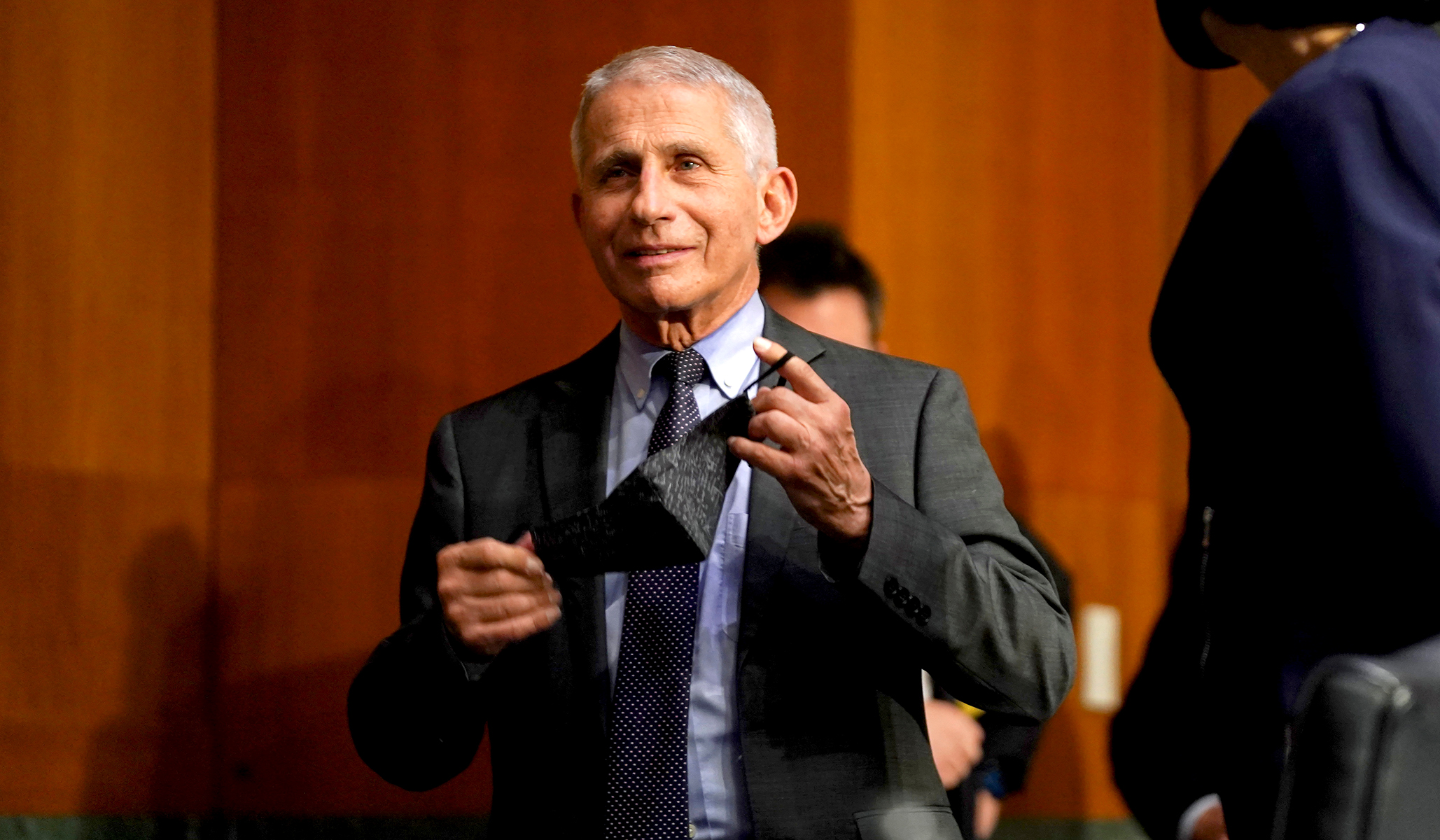
A top NIH official admitted in a Wednesday letter that U.S. taxpayers funded gain-of-function research on bat coronaviruses in Wuhan and revealed that EcoHealth Alliance, the U.S. non-profit that funneled NIH money to the Wuhan Institute of Virology, was not transparent about the work it was doing.
In the letter to Representative James Comer (R., Ky.), Lawrence A. Tabak of the NIH cites a “limited experiment” that was conducted to test if “spike proteins from naturally occurring bat coronaviruses circulating in China were capable of binding to the human ACE2 receptor in a mouse model.” The laboratory mice infected with the modified bat virus “became sicker” than those infected with the unmodified bat virus.
Gain-of-function research involves extracting viruses from animals and artificially engineering them in a laboratory to make them more transmissible or deadly to humans.
In keeping with Fauci’s refusal to use “gain-of-function,” Tabak avoids the term, though the work he described matches its commonplace definition precisely.
Dr. Richard Ebright, biosafety expert and professor of chemistry and chemical biology at Rutgers University, had previously rebutted Fauci’s claim that the NIH “has not ever and does not now fund gain of function research in the Wuhan Institute of Virology [WIV]” as “demonstrably false.”
Ebright told National Review that the NIH-financed work at the WIV “epitomizes” the definition of gain-of-function research, which deals with “enhanced potential pandemic pathogen (PPP)” or those pathogens “resulting from the enhancement of the transmissibility and/or virulence of a pathogen.”
In addition to his admission that gain-of-function research was being conducted with NIH money, Tabak also revealed that EcoHealth failed to comply with its reporting responsibilities under the grant. EcoHealth was required to submit to a “secondary review” in the event of certain developments that might increase the danger associated with the research. So, when Wuhan researchers successfully bound a natural bat coronavirus to a human AC2 receptor in mice, they were supposed to inform the NIH, but they didn’t.
Eco Health now has five days, according to Tabak, to submit to NIH “any and all unpublished data” relating to this award’s project for compliance purposes.
